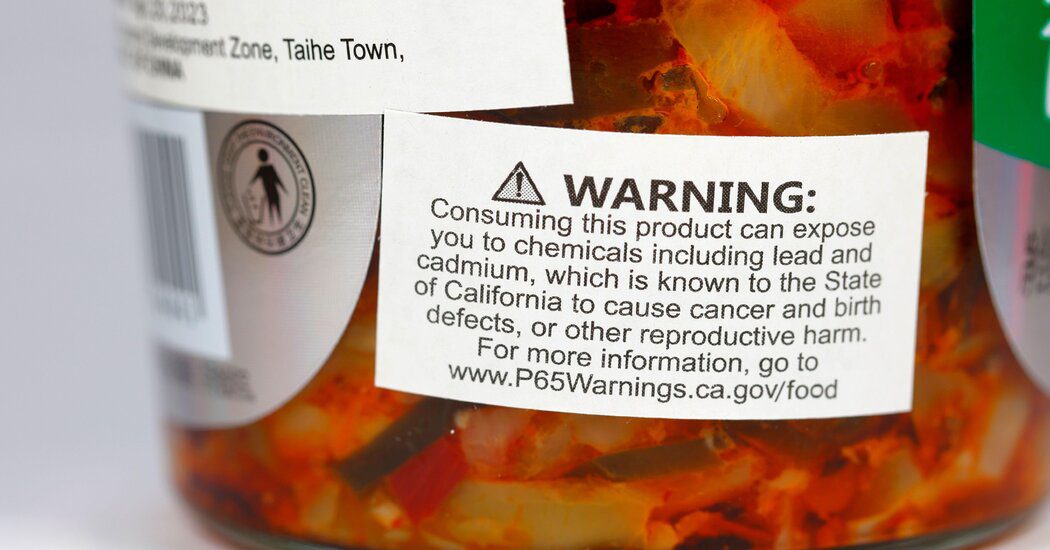
California’s product warning labels are unmistakably clear.
One such label states, “Using the following products may expose you to chemicals that California knows can cause cancer, birth defects, or other reproductive harm.”
Recent findings suggest these warnings may indeed have an impact.
A research article released on Wednesday in the journal Environmental Science & Technology indicates that California’s right-to-know law, which mandates manufacturers disclose harmful chemicals in their products, has prompted many businesses to eliminate those substances completely.
Dr. Megan Schwarzman, an environmental health expert and physician at the University of California, Berkeley School of Public Health, and a co-author of the study, noted that companies prefer to avoid marketing items that come with severe cancer warnings.
Adding in the potential for lawsuits, brand damage, and a genuine desire to prioritize public health, she explained, “This creates a strong incentive for change.”
California has compiled a list of roughly 900 chemicals linked to cancer and other health hazards. Under the 1986 right-to-know legislation, commonly referred to as Prop 65, any product that may expose consumers to significant levels of these chemicals is required to display warning labels.
Skeptics have criticized this initiative for making warnings so widespread—seen on kitchenware, synthetic leather jackets, and even bakery items—that they are perceived as largely ineffective by shoppers. However, the recent research suggests that it is the companies, more so than consumers, that are heavily influenced by these warnings.









